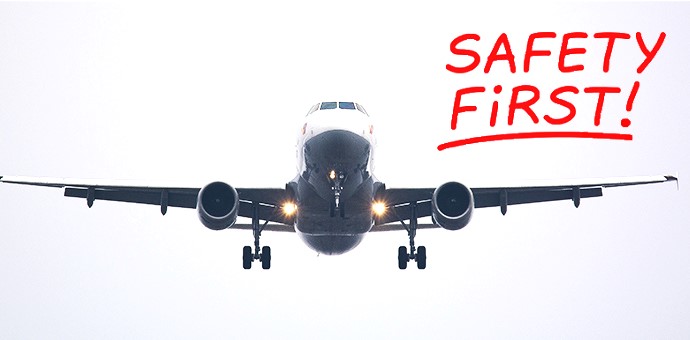U.S. FAA tasks air carriers on aviation information sharing
In a proactive effort to enhance safety and efficiency in the aviation sector, Mike Whitaker, the head of the United States Federal Aviation Administration (FAA), convened a meeting with top airline CEOs on Wednesday and urged carriers to prioritize information sharing as a means to fortify safety measures and proactively identify potential issues within the industry.
According to the agency, the purpose of the meeting is to “ensure the aviation industry continues expanding safety management systems and finding ways to share information transparently to minimize risk and advance safety.”
The meeting followed the FAA’s decision last month to ground 171 Boeing MAX 9 aircraft following a mid-air cabin panel blowout incident involving a new Alaska Airlines plane.
On Tuesday, the National Transportation Safety Board revealed preliminary findings indicating that the aircraft was lacking four crucial bolts upon leaving the Boeing factory. In response, Mike Whitaker informed lawmakers of heightened oversight measures being implemented regarding Boeing.
American Airlines, Delta Air Lines, United Airlines, Southwest Airlines, Alaska Airlines, JetBlue, UPS and FedEx took part in the meeting.
Air carriers share information like maintenance issues through the Commercial Aviation Safety Team (CAST), a government-aviation industry partnership founded in 1997.
In January 2023, the FAA proposed requiring charter, commuter, air tour operators, and aircraft manufacturers to implement a key safety tool aimed at reducing accidents.
Also Read: Spirit plans investment in robotics to minimize Boeing 737 defects
The agency wants to extend a mandate to adopt so-called Safety Management Systems (SMS), which are policies and procedures to proactively identify and address potential operational hazards early on.
American Airlines CEO Robert Isom said in a statement that the airline fully supports expanding FAA oversight “throughout safety management systems across the industry.”
United CEO Scott Kirby said in a statement that the airline agreed that “the highest levels of safety are best achieved through partnerships at all levels.”
Since 2018, U.S. airlines have been mandated to adopt Safety Management Systems (SMS), while certain aerospace companies, such as Boeing and Raytheon-subsidiary Pratt & Whitney, have proactively implemented SMS programs voluntarily
In 2020, the U.S. Congress directed the FAA to enforce Safety Management Systems (SMS) for aircraft manufacturers, as outlined in a comprehensive certification reform bill prompted by the tragic Boeing 737 MAX crashes in 2018 and 2019. However, the FAA’s proposed rule exceeds the mandates laid out by lawmakers.
SMS systems encompass four essential components: safety policy, safety risk management, safety assurance, and safety promotion


Comments are closed.